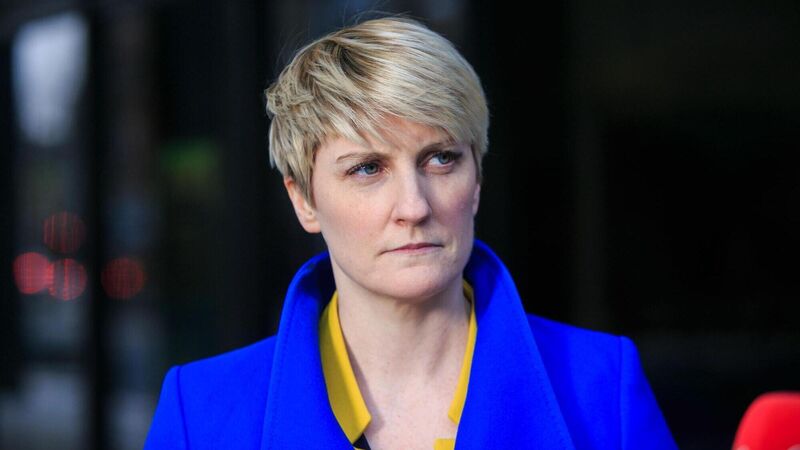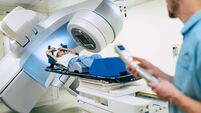Cyberattack set cancer services 'back months, not weeks'

Averil Power, chief executive of the Irish Cancer Society said patients presenting at more advanced stages for certain types of cancer. Photo:Gareth Chaney/Collins
A national campaign alerting people to cancer signs and encouraging a return to hospitals is urgently needed, the Oireachtas health committee heard today.
One-in-six people delay going for treatment due to fear of Covid-19, according to data from the Irish Cancer Society, while doctors' unions have warned the impact of the cyberattack on the HSE has “set us back months, not weeks”.












